Teville Gate: plans for Worthing site in ‘serious doubt’ if bid for government grant rejected, report claims
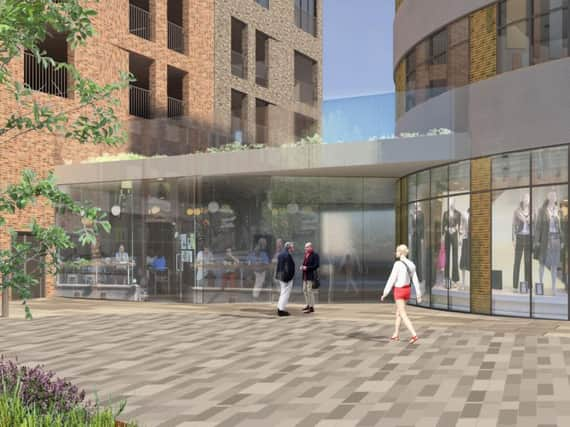

Mosaic’s £93million scheme to transform the eyesore Worthing site is expected to be debated by Worthing Borough Council’s planning committee later this year.
It is not unusual for councillors to have access to the development’s financial figures, especially if it is claimed that features like affordable housing cannot be provided.
Advertisement
Hide AdAdvertisement
Hide AdBut in a rare move, documents outlining the viability of the major project have been made public – and they have revealed the potentially precarious financial nature of the development.
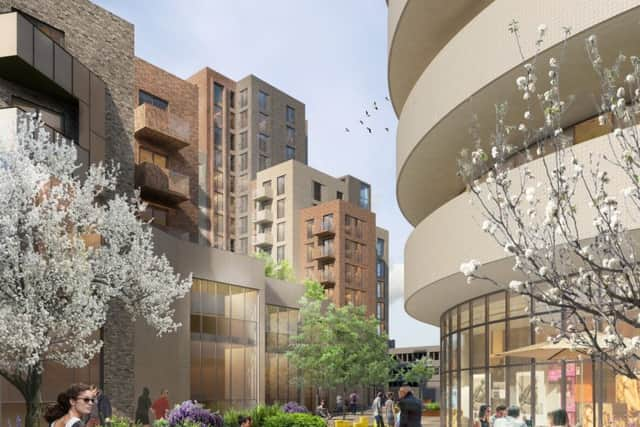

WHAT’S ON OFFER AT TEVILLE GATE?
The latest in a long line of redevelopment bids for the town centre gateway includes a mixture of homes and commercial space. Read more: Hotel, gym and up to 378 homes announced for Teville Gate
The site is ready to develop, having seen around £1.6million invested by the council through the Government’s Local Growth Fund to demolish buildings on the privately owned site, in a bid to kick-start regeneration.
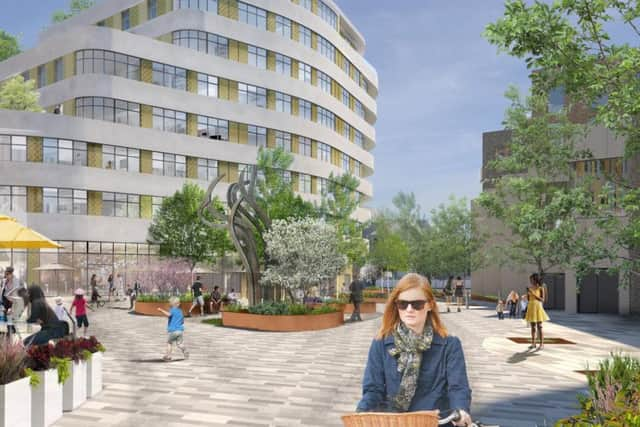

Council policy states plans of more than 15 homes should include 30 per cent affordable housing – defined by the Government as accommodation available for lower than market rates.
Advertisement
Hide AdAdvertisement
Hide AdMosaic’s planning application meets the policy, offering 31 per cent affordable housing split into 35 homes for social rent and 81 for shared ownership.
The commitment, however, could be conditional on a £7.8million grant from Homes England – an offshoot of the Ministry of Housing, Communities and Local Government – according to a viability report examining the plans.
In assessing the viability of the scheme, Nicholas Bignall, of consultants Turner Morum, wrote: “I understand the applicant is committed to seeing the scheme proceed at the level of affordable housing shown (despite the sizeable deficit), provided that they are able to secure grant funding from Homes England.”
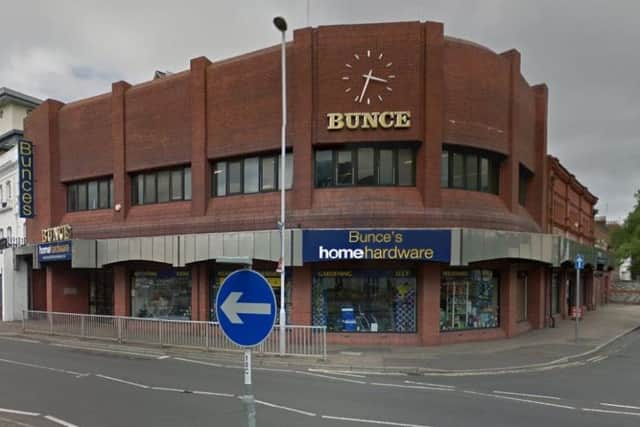

WHAT DEFICIT?
According to the viability calculations, the estimated developer profit for the Teville Gate project is £19,452,977.
Advertisement
Hide AdAdvertisement
Hide AdThis equates to a profit margin of around 14.7 per cent, in relation to the £132million value of the development as a whole.
In developer terms, this may be viewed as a ‘deficit’, as it is lower than the usual level which is deemed an accepted return.
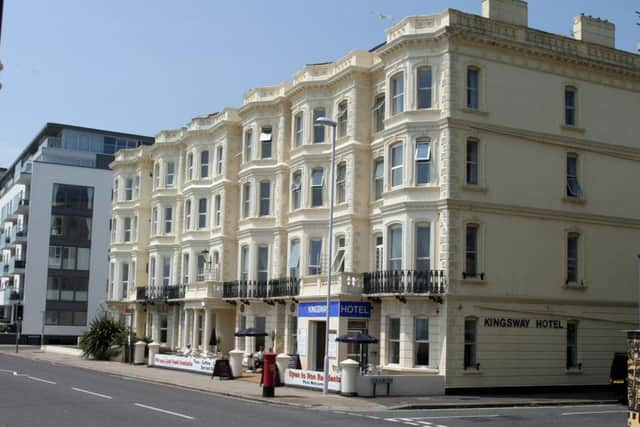

Mr Bignall explained: “Arguably a development could be considered unlikely to come to fruition unless it can achieve a profit margin of around 20-25 per cent of GDV (gross development value).
“Banks require developers to illustrate these levels of developer profit before they will provide development finance and clearly such is considerably higher than that shown in my analysis.”
Advertisement
Hide AdAdvertisement
Hide AdMr Bignall added Brexit uncertainty, rising costs and stalling revenues made it ‘all the more important’ for developers to maintain sufficient target profit margins. Despite the expected profits being lower than the standard amount, Mr Bignall indicated Mosaic was content with the lower margin.
GRANT IS KEY, CONSULTANTS CLAIM
Working out whether plans are financially viable involves a complex array of numbers.
It takes into account factors including build costs, developer contributions for infrastructure, finance costs but also the market value of the proposed homes.
At Teville Gate, build costs are listed in the viability report at £93million, while not including affordable housing the expected value of homes could reach just over £69million.
Advertisement
Hide AdAdvertisement
Hide AdThe value of the housing is significantly higher than the commercial side – which includes a potential Aldi supermarket, PureGym, Premier Inn hotel and other unnamed tenants – which is valued at £26.07million.
Factoring in the Homes England grant, Mr Bignall deemed the scheme ‘viable’.
But running the same calculations without the grant would render it ‘non-viable’, his report concluded.
He wrote: “Should grant funding not be available, my analysis indicates that my client would be faced with an £9.49million deficit – which is essentially an amount of ‘normally’ available profit which is being eroded.
Advertisement
Hide AdAdvertisement
Hide Ad“This level of deficit would be too onerous for my client and would therefore place serious doubt over the scheme proceeding at all.”
The grant sought amounts to £7.8million, but the higher overall ‘deficit’ relates to an increase in finance costs should the funding not be secured.
WHAT IF THE GRANT IS NOT SECURED?
The viability report did not indicate what would happen if a grant is not secured, except to warn the project may not happen.
Mr Bignall did, however, hint at the usual course of action in such cases.
Advertisement
Hide AdAdvertisement
Hide AdHe said he would ‘usually recommend’ that developer contributions or affordable housing levels should be reduced until a development was considered ‘viable’.
It is a situation Worthing has seen before.
PREVIOUS VIABILITY CASES
In January, 2017, plans for the former Bunce’s hardware store, opposite Teville Gate in Chapel Road, were approved after councillors were warned redevelopment would not be viable with affordable housing.
Guidelines suggested contributions of about £750,000 for affordable housing would have been due. The viability reports were not made public.
The case saw planning officer Gary Peck state: “I think the happy days where we could write a policy and have a realistic expectation it will be adhered to in all circumstances have sadly gone.” An overhaul of the Kingsway Hotel, on Worthing seafront, a year later also encountered viability issues.
Advertisement
Hide AdAdvertisement
Hide AdAround £235,000 was initially anticipated to build affordable housing, however a minimum payment of £100,000 was later agreed, giving the developer an estimated 13.92 per cent profit margin.
On Teville Gate, councillors and planning officers will examine the plans and all the evidence before a final decision is made.
Following the publication of the viability reports, available on the council’s online planning portal, the Herald approached Mosaic for comment.
It asked for more details about the grant, including when it would hear if had been successful. It also questioned what would happen to the affordable housing level should a bid fail.
Mosaic has been approached for comment.
